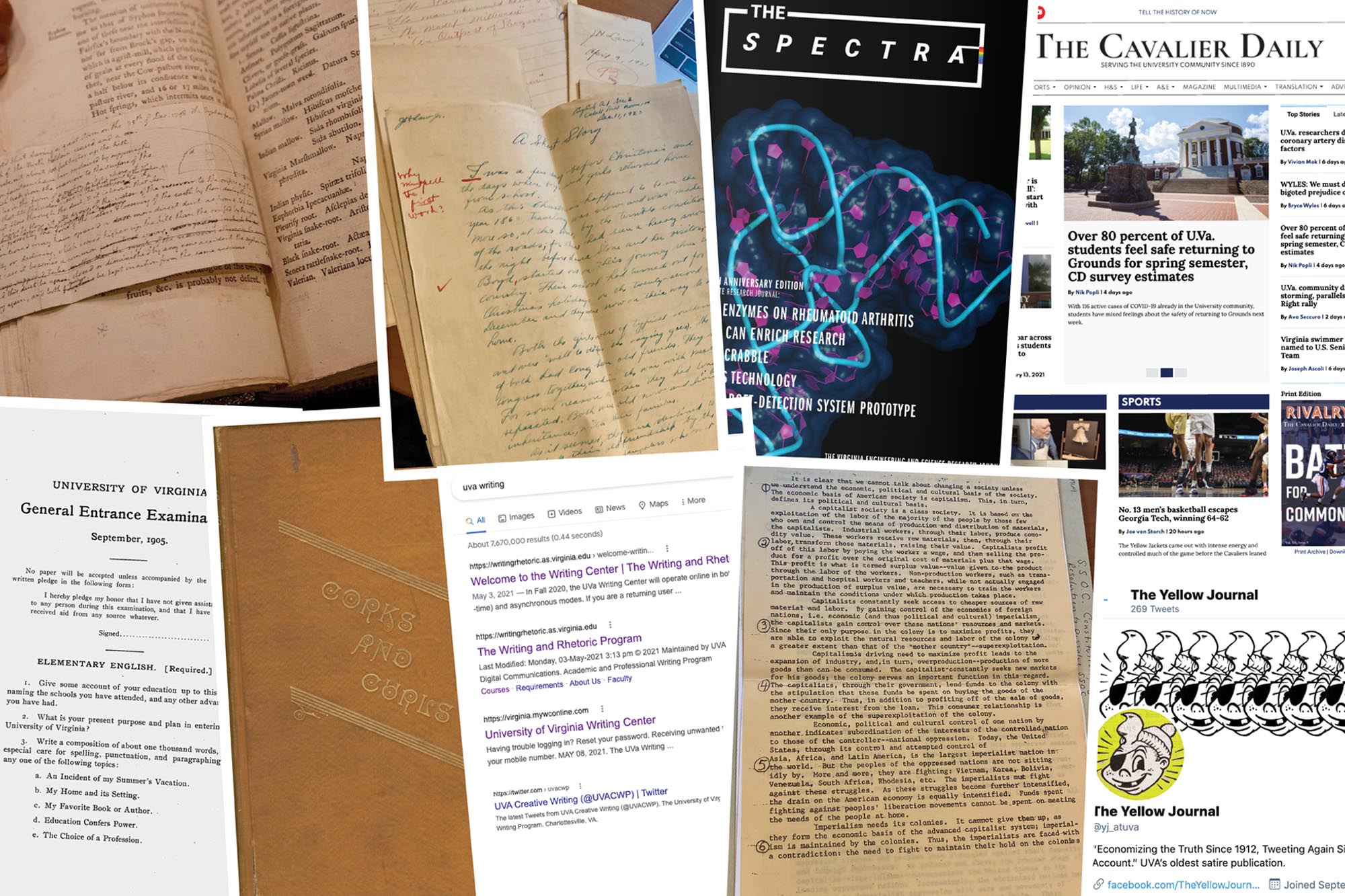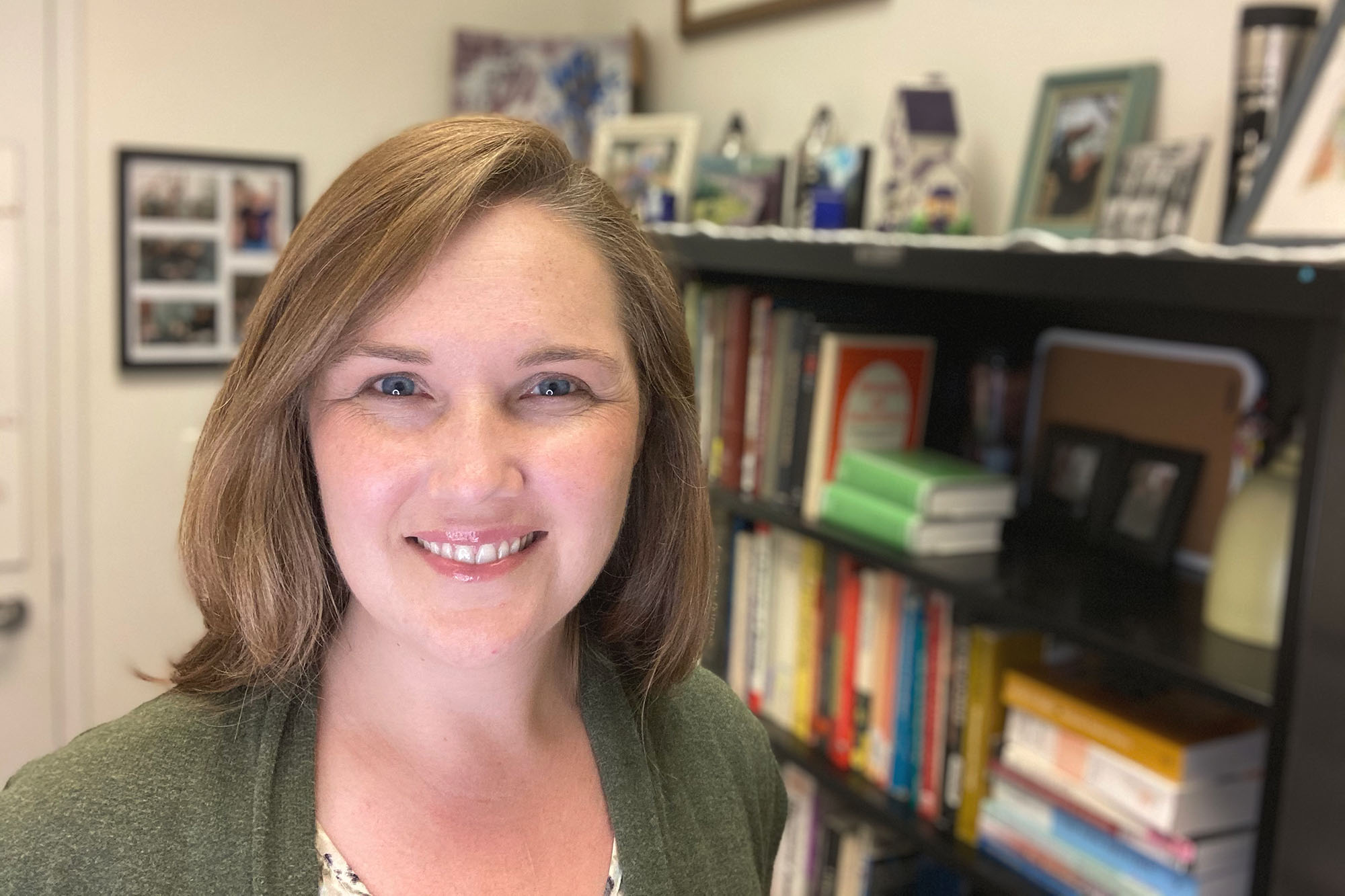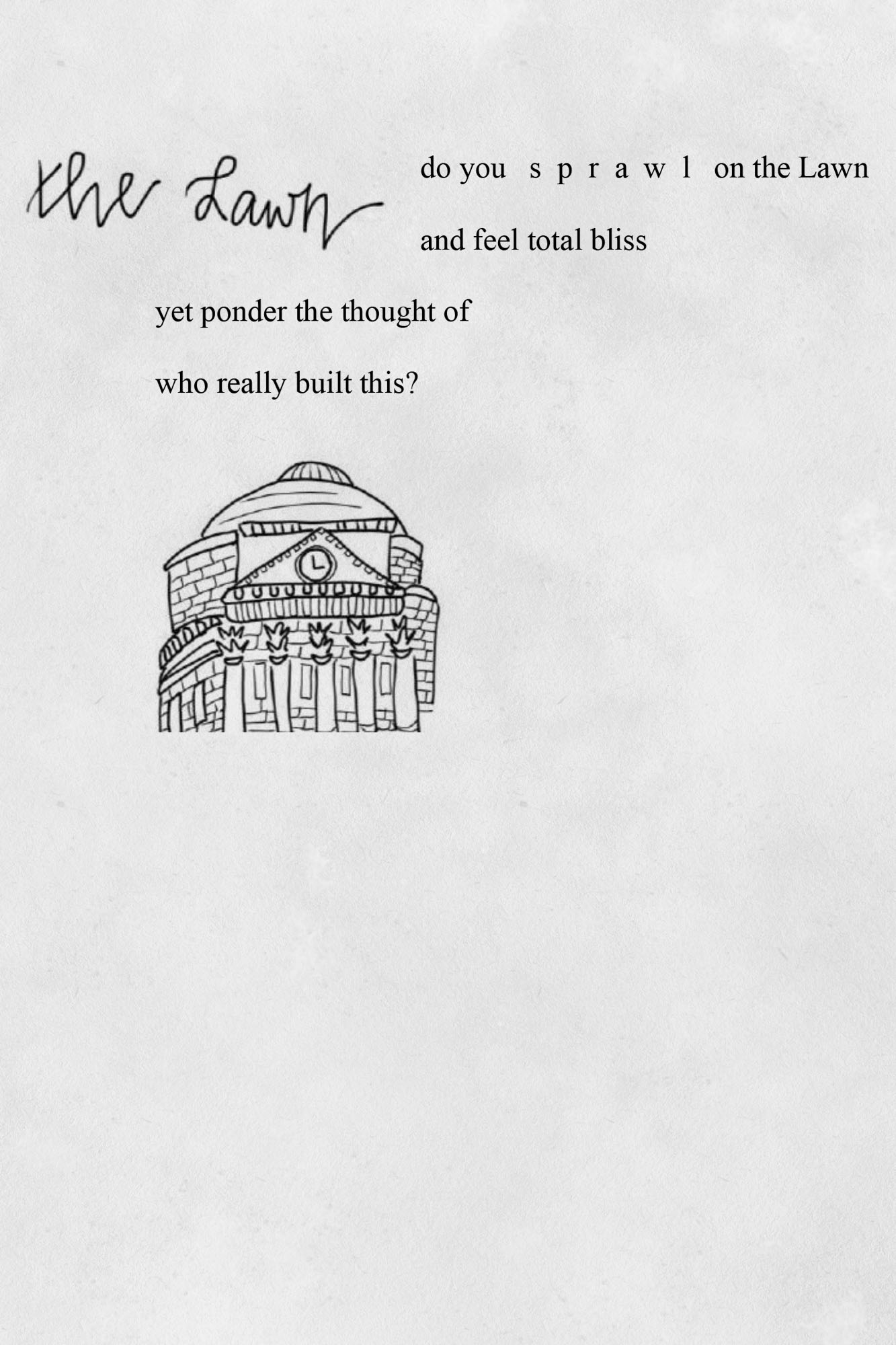The history of student writing at the University of Virginia goes back to the arrival of the first class on Grounds in 1825.
From the beginning, students showed concern for robust inquiry and intellectual rigor in their formal academic writing. They often wrote about the most urgent issues of the day.
In those early days and decades, however, students also wrote in dog-eared journals, adding doodles and notes about the weather; they penned letters home asking for money, and collected pictures for scrapbooks; they typed documents and copied drink recipes from secret societies.
Stashed in folders and boxes in the Albert and Shirley Small Special Collections Library are also student papers from the 1930s making the case for eugenics and the genetic superiority of wealthy, elite white families, followed by student papers from the 1960s to the ’80s on war protests and advocating for Black student well-being. Women wrote to each other about their new roles when they were first admitted and wrote essays on how they were treated.
Media, technology and creativity have produced new ways for today’s students to communicate, from old-school forms such as painting messages on Beta Bridge to using online channels and social media apps like Instagram.







.jpg)




